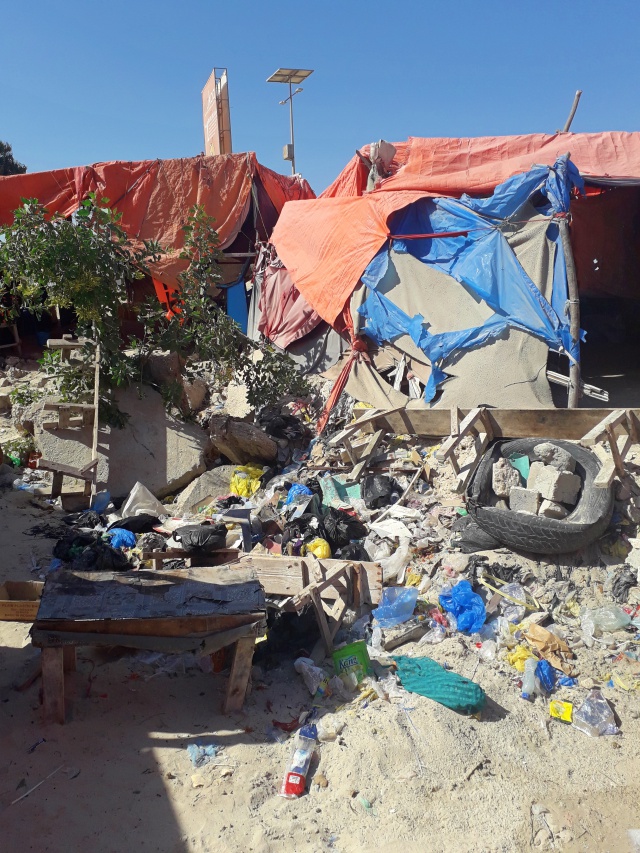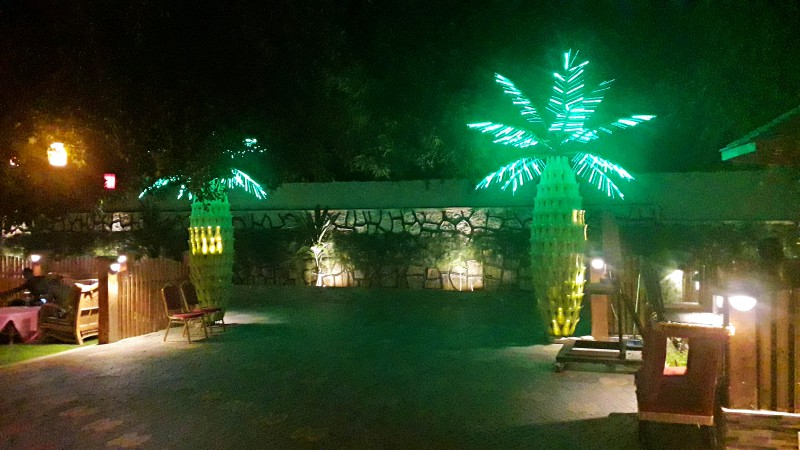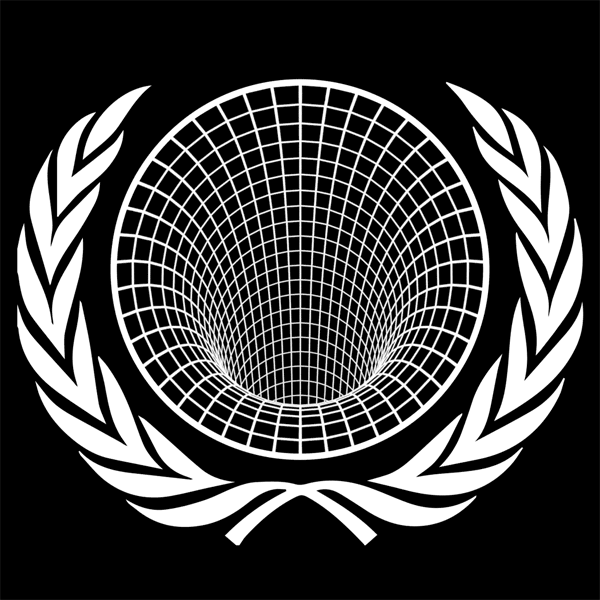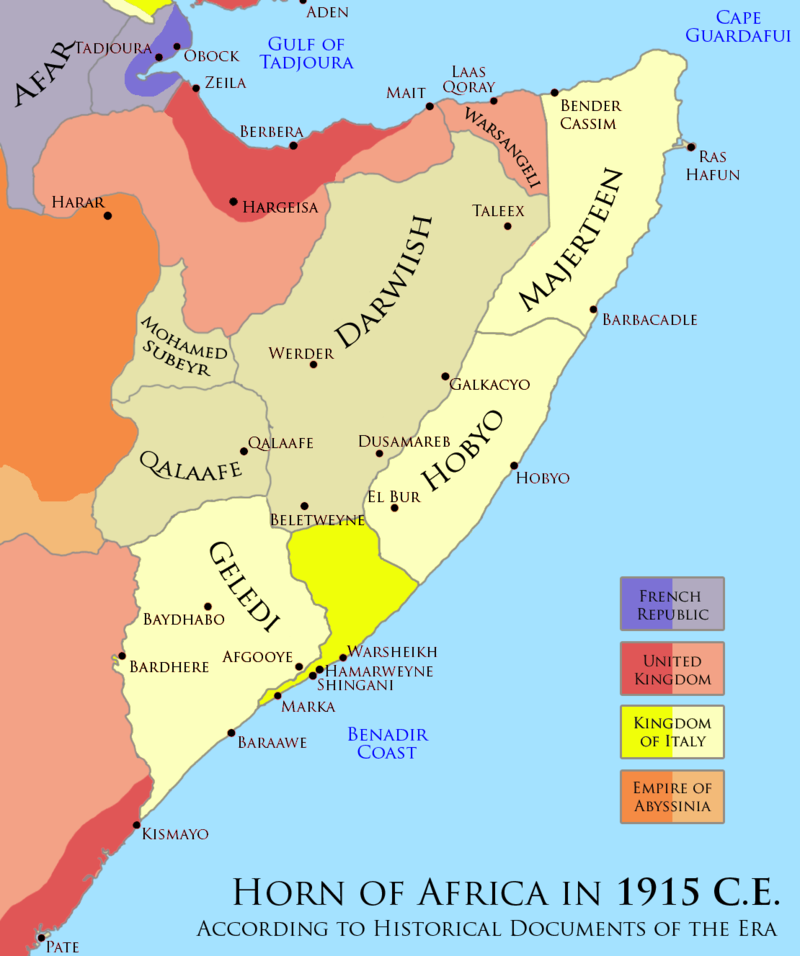This article, based on recent fieldwork by Somali researchers and the insights they have kindly provided me with, and on interviews I conducted in Mogadishu and Beled Weyne in 2020, examines how Al Shabaab exerts its rule over the southern and central regions of Somalia. The movement depends on local support, as it receives practically no international support, and thus needs to gain legitimacy through its governance. The opposite is true of the federal government of Somalia, which receives most of its funding from abroad. The insurgents outgovern the federal government of Somalia in practically all aspects. They also govern the population in Mogadishu and other areas supposedly under government control.
To explain Al Shabaab’s staying power despite the international community’s continuous efforts to militarily defeat it, the insurgency is examined as an expression of what once was a successful social movement, as a nationalist resistance movement, and through the lens of rebel governance. Its political project, to supercede fractious Somali clan identities by imposing an Islamist state, is shared by many Somalis, even if they dislike Al Shabaab’s religious fervour and would prefer to live in an open society accepted by the rest of the world.
What seems practically sure is that when international support for the dysfunctional Somali state wanes, the group will sweep to power as swiftly as the Taliban did in Afghanistan.
Following is first the summary of the article, then a link to the full text (24 pages + 3 pages bibliography
Abstract: Viewing the Somali Islamic insurgency movement Al Shabaab as a terrorist or criminal organization strips it of the very possibility of legitimacy. Foreign experts commonly assume that it rules through fear, violence, propaganda and the manipulation of the population’s needs. Recent studies however show that Al Shabaab’s rule is largely tolerated and that the movement, through tight and predictable governance and a nationalist discourse, has garnered some popular legitimacy. This article places these findings within a critical ‘rebel governance’ discourse that examines the movement not from a counter-insurgency perspective but through the lens of evolving socio-cultural relations between the population and the insurgents. How does Al Shabaab respond to the demands of the population while accomplishing its social transformation project: replacing fractious clan identities with a nationalist Islamic one? Considering that the main long-term problem facing the Somali people is climate change, while in the short term peace is the most urgent issue, I argue that the international intervention in Somalia should take into account existing local governance arrangements, including Al Shabaab rule, instead of trying to replace them with liberal democracy.
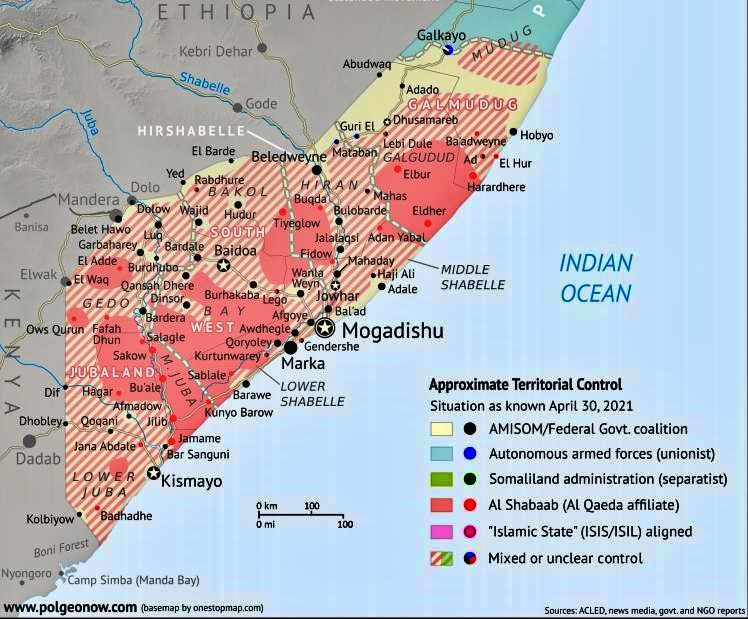
Download the full article here.

